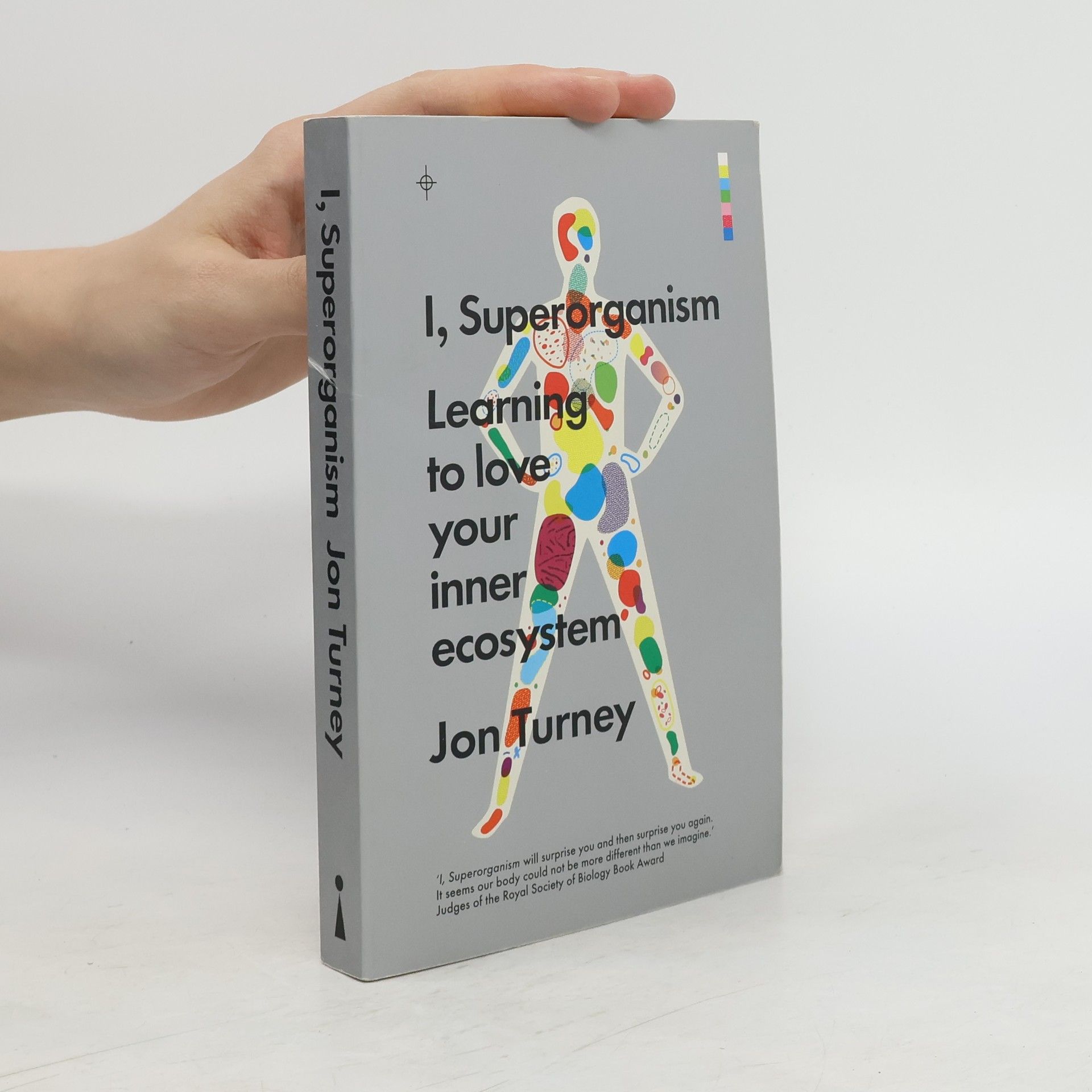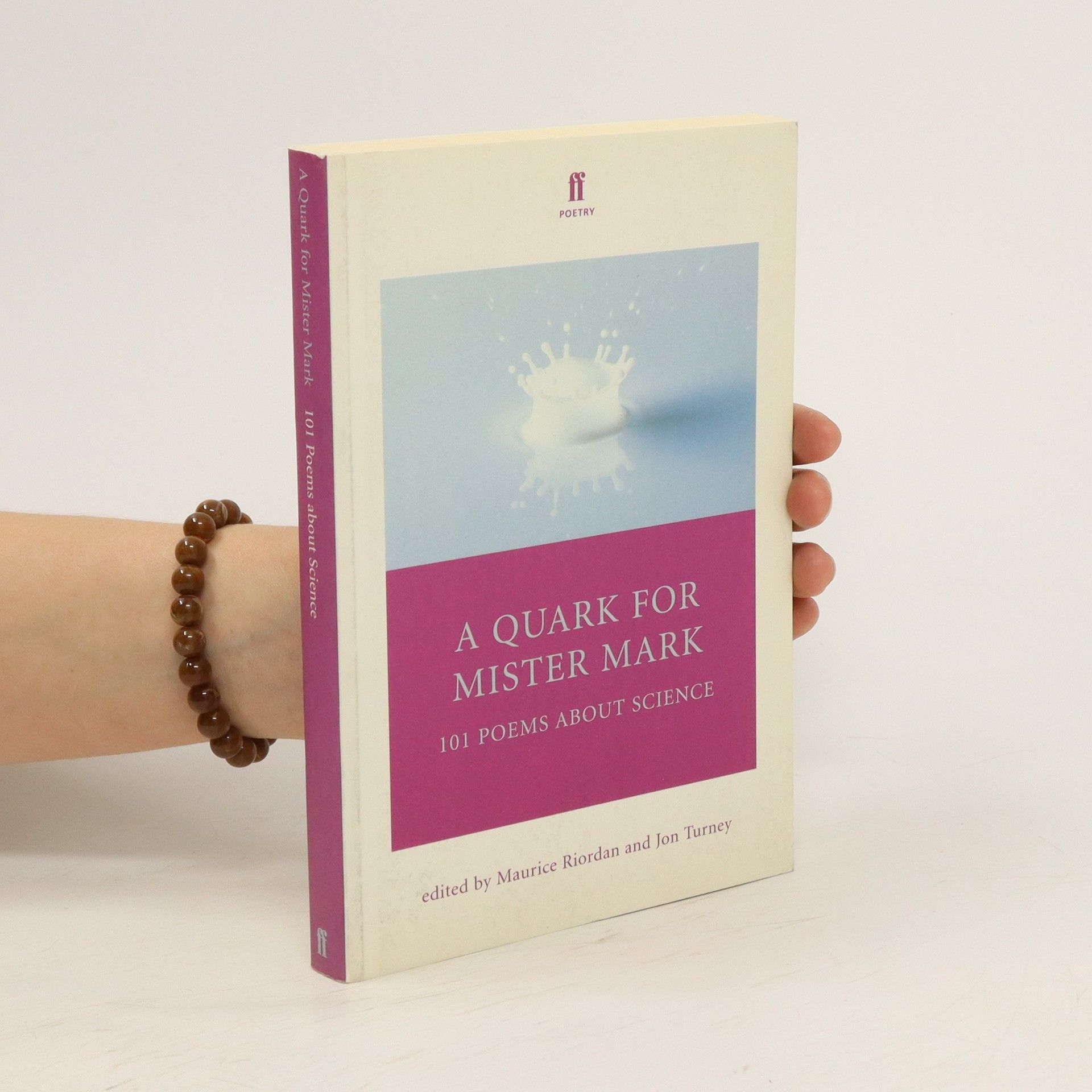The second novel in SJA Turney's Wolves of Odin series.
Jon Turney Libros






Iron and Gold
- 390 páginas
- 14 horas de lectura
AD 1043. Having escaped Constantinople with their lives – barely – but not their ship, Halfdan and the wolves of Odin are now mercenaries in the Byzantine army, sailing to Apulia in Italy to help retake territory from the Normans. But cracks are beginning to show among the tight-knit wolves. Gunnhild, having forsaken the fate woven for her by the Norns in order to continue her journey with Halfdan, has lost her ability to communicate with the goddess Freyja, and so glimpse the future. And Ketil the Icelander, having watched his ship, the Sea Wolf , stolen from him yet again, grows resentful, as seemingly every decision Halfdan makes leads them further from his original promise of riches and renown. But aboard their ship is an official with secret orders for the general in charge of the Italian campaign, Maniakes. The orders will throw everything into chaos, and put a fork in the path of the wolves of Odin. Each will have a choice to loyalty to themselves, or to the pack? The thrilling third instalment in the Wolves of Odin series, with a gripping hunt across a war-torn Italy. Perfect for fans of Giles Kristian and Bernard Cornwell.
The wolves of Odin have been unleashed: the hunt has begun.Anno Domini 1040. Christianity has swept unstoppably across Scandinavia, leaving few enclaves of the old ways clinging on to their fading world as King Olof of Sweden works to convert his people.A young warrior, Halfdan, has witnessed the ‘mercy’ of the Christian lords, watched his people attacked, his village burned and the Odin stone toppled as heretical. Watched his father cut down by an ambitious Christian jarl and his zealous priest. Among the ashes of his world he vowed an oath of vengeance before all the gods.That oath will bring together an unlikely band of allies and carry them to the very edge of the world, fighting giants, dragons and wraiths, in pursuit of his father’s killer: Yngvar. The jarl is powerful, and the weaving of Fate difficult, but the blood price must be paid.
A Quark for Mister Mark
- 120 páginas
- 5 horas de lectura
This title includes poems both old and new, focusing on science, its discoveries and processes, and also of poems which look at the world with an inherently scientific gaze, whether before Copernicus or after Einstein.
I, Superorganism
- 320 páginas
- 12 horas de lectura
Every human body carries a secret cargo: a huge population of micro-organisms that lives in your mouth and nose, on your skin, in your guts. This is the human microbiome, and it has in the last few years become biologists' most thrilling research interest. Vastly outnumbering human cells, our invisible passengers are vital to life. They help us digest food, make essential nutrients, and combat disease. They help regulate allergies and inflammation via the immune system. They influence bowel disease, heart disease, and cancer. They may even have a role in developing behavior. We are not just isolated humans, but superorganisms. And that calls into question our obsession with disinfection and sterilization, as well as our antibiotic addiction, which is like managing a complex ecosystem with napalm. Acclaimed science communicator and editor Jon Turney presents the first book-length account of a new realm of human biology that will make you think again about this machine we call ourselves.
Conspirator. Emperor. Killer.The brother never fated to rule, who spent the reigns of enemies and family alike seeking out conspiracies against the throne, eventually falls to one himself
Caracalla
- 384 páginas
- 14 horas de lectura
Two brothers founded Rome. Will two brothers tear it apart? AD 193. After a year of brutal civil war, Rome is settled under Septimius Severus and his aspirations for a new dynasty of emperors. Severus's sons, Marcus Aurelius Antoninus - better known as Caracalla - and the younger brother, Geta, promise a stable future; a clear line of succession to steer Rome into the future. A promise that might be hard to deliver upon. With two brothers, there are two possible heirs, and Severus's close friend Plautianus has his own ideas about the succession, favouring Geta over Caracalla. Though the pair are still children, the Praetorian Prefect sows in young Geta's mind seeds of superiority, resentment and bitterness against his older brother. As these seeds take root, the relationship between the pair grows strained, and their parents desperately attempt to reconcile the feuding siblings before it is too late. Are the brothers able to set their differences aside, or will Rome see the blood of a fratricide? The masterful final novel in the Damned Emperors series by S.J.A. Turney, perfect for fans of Harry Sidebottom and Conn Iggulden.
Loki Unbound
- 384 páginas
- 14 horas de lectura
The Wolves of Odin must bring a rogue Viking chief to heel, in the rolling Yorkshire Dales... AD 1044. Fleeing the machinations of William the Conqueror in France, the Wolves of Odin set sail for Britain. They make for the north of the country, heading to Jorvik - Viking York. Its earl, Sigurd, doesn't believe they have arrived with peaceable intentions. To prove their good faith, he challenges them to fix a problem for him... North of Jorvik, in the Dales, a rogue Viking warlord, Arkil, resists Sigurd's rule with a small army. Sigurd's forces are spread too thin to deal with him directly, and so it falls to the Wolves... The pulse-pounding fifth installment in the Wolves of Odin series, with a thrilling mission in northern England. Perfect for fans of Angus Donald and Matthew Harffy.